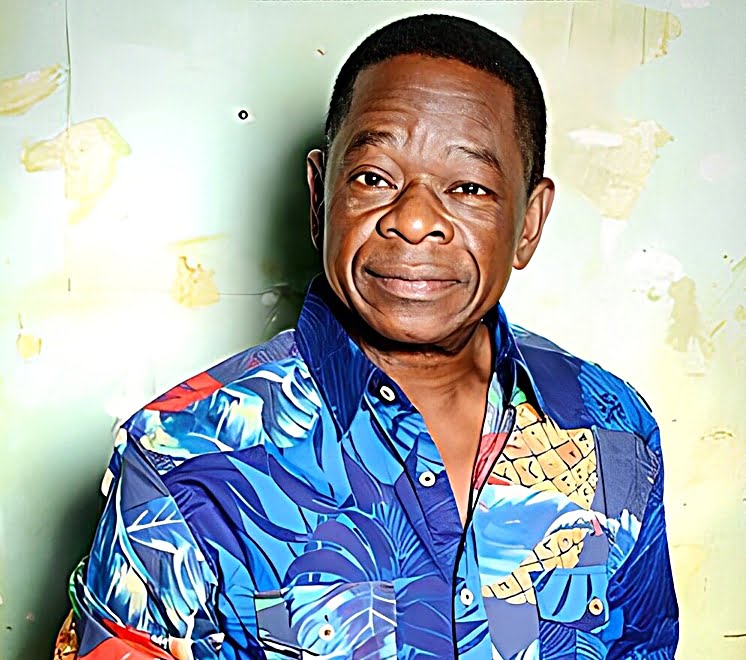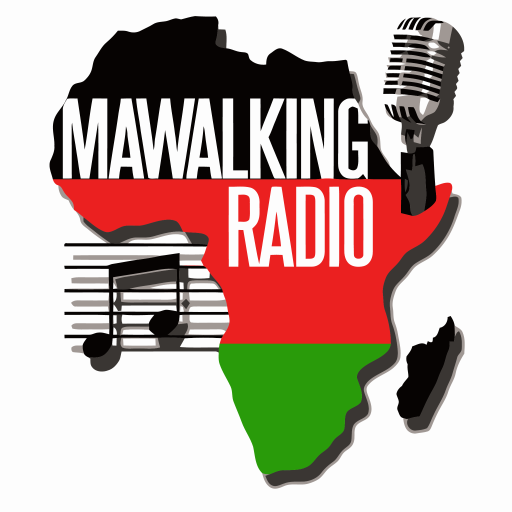
Sam Mangwana: The Pigeon Voyageur of Congolese Rumba
Early Life and Cultural Roots
Sam Mangwana was born on February 21, 1945, in Leopoldville, now Kinshasa, the capital of the Democratic Republic of the Congo. His mixed heritage—born to an Angolan mother and a Zimbabwean father—greatly influenced his multicultural musical style. This background not only exposed him to various African musical traditions but also imbued him with a unique voice in the world of Congolese rumba, one that transcended national borders. His upbringing in the vibrant music scene of Congo-Kinshasa, where rumba was flourishing, set the stage for his long and prolific career.
Musical Debut with African Fiesta
Mangwana’s musical journey began in 1963 when he made his professional debut with African Fiesta, a band led by the legendary Tabu Ley Rochereau. This period was the golden age of Congolese rumba, with artists like Tabu Ley and Franco redefining African popular music. Mangwana’s vocal talent was quickly recognized, allowing him to rise through the ranks. Although his tenure with African Fiesta was short-lived, it was a pivotal moment in his career, connecting him with top musicians and offering a strong platform from which he would later soar.
Festival des Maquisards and the Formation of a New Legacy
In 1967, Mangwana decided to carve his own path and formed his own band, Festival des Maquisards. This ensemble became known for its innovative sound and boasted several notable members, including Madilu System, Dalienst, Dizzy Mandjeku, and Michelino Mavatiku Visi. The collaboration with such talented artists gave rise to powerful compositions and cemented Mangwana’s reputation as a force in Congolese music. However, Mangwana’s restless spirit led him to constantly evolve, and he moved on from this band in just two years, ever in pursuit of new creative expressions.
TPOK Jazz: The Franco Years
One of the most defining chapters in Mangwana’s career began in 1972 when he joined the legendary TPOK Jazz, led by Franco Luambo Makiadi. His partnership with Franco and TPOK Jazz guitarist Simaro Lutumba led to some of the most memorable songs in Congolese rumba history, including “Ebale ya Zaire,” “Cedou,” and “Mabele.” These collaborations, where Mangwana’s voice often took the lead, became massive hits and solidified his place as one of the great vocalists of his generation. However, his time with TPOK Jazz, like his other affiliations, was transient, and he soon found himself once again on a solo journey.
African All Stars and the Birth of a Global Icon
In 1978, Mangwana moved to Abidjan, Côte d’Ivoire, where he co-founded the African All Stars, alongside other musicians who sought to create a Pan-African sound that embraced the musical styles of both Central and West Africa. The band quickly garnered international acclaim with hits like “Georgette Eckins” and “Maria Tebbo,” blending Congolese rumba with West African rhythms. When the group disbanded in 1979, Mangwana transitioned into a solo career, which would elevate him to legendary status across the African continent and beyond.
The 1980s and Solo Successes
As a solo artist in the 1980s, Mangwana continued to release hit albums and collaborate with some of the best musicians from across Africa. His albums “Maria Tebbo” (1980), “Cooperation” (1982), and “Canta Moçambique” (1983) were among the highlights of this period. Notably, his partnership with Franco on “Cooperation” further demonstrated his versatility and ability to adapt to different musical styles. These years also earned Mangwana his nickname “pigeon voyageur” (traveling pigeon), due to his constant movement between countries and collaborations with artists from different regions.
Global Appeal and a Musical Journey Without Borders
Sam Mangwana’s frequent travels and collaborations not only earned him the nickname “pigeon voyageur” but also made him a global ambassador for Congolese rumba. His music was a fusion of influences from Angola, Zimbabwe, and the broader African diaspora, making it relatable to audiences across the continent. In the 2000s, while Mangwana spent much of his time in Angola, he continued to perform at major concerts in Europe, proving that his appeal had not waned with time.
Mangwana’s Legacy and Discography
With a discography spanning decades, Sam Mangwana has left an indelible mark on the landscape of African music. His contributions to bands like African Fiesta, Festival des Maquisards, TPOK Jazz, and African All Stars have solidified his place among the giants of Congolese rumba. Albums like Maria Tebbo (1979), Cooperation (1982), and Rumba Music (1993) remain timeless classics, while his collaborations with Franco and other influential artists continue to resonate with new generations of listeners.
Conclusion: A Pillar of Congolese Rumba
Sam Mangwana’s career is a testament to the rich, borderless nature of African music. His ability to traverse cultural and geographical boundaries while maintaining the essence of Congolese rumba has made him a living legend. His journey from Leopoldville to the world stage is a story of relentless creativity, adaptability, and passion for music. As the “pigeon voyageur,” Mangwana will forever be remembered as one of the most influential figures in African music, leaving a legacy that continues to inspire musicians and fans alike.




Pingback: Ndombe Opetum: A Journey Through Soukous and TPOK Jazz | Mawalking Radio